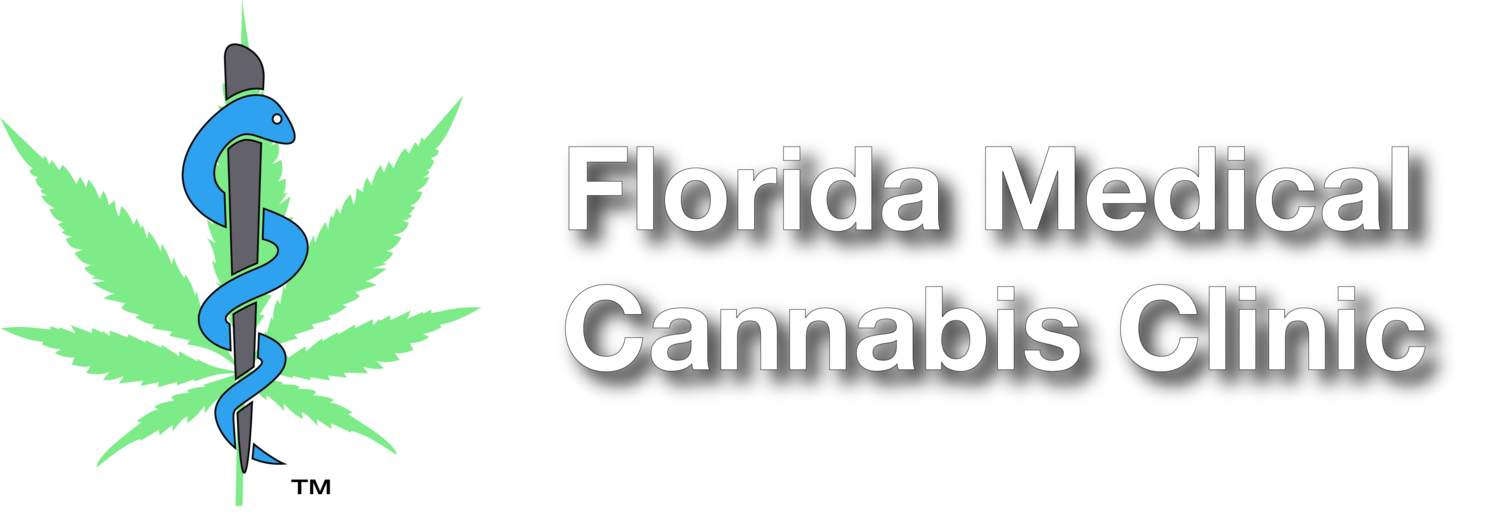With the passage of Amendment 2 the State of Florida has expanded the medical cannabis program. Learn more about the laws and regulations governing this program.
Types of Available Medical Marijuana Treatments
Florida currently allows two forms of medical marijuana to qualified patients - low THC cannabis and medical cannabis.
Low THC cannabis contains no more than 0.8% of THC and more than 10% CBD. Because low THC cannabis contains minute amounts of the psychoactive compound THC it does not result in the euphoria or "high" experienced with medical cannabis.
Medical cannabis contains much higher concentrations of THC, causing patients to experience a euphoric sensation.
Low THC and medical cannabis is available in capsule, oral syringe, tincture, transdermal, and vaporized administrations.
General Eligibility
In order to become a qualifying patient a patient must meet the following requirements:
- Diagnosed with a qualifying condition.
- Florida resident.
- If under the age 18, must have second physician agree to the use of low-THC cannabis or medical cannabis in order to receive recommendation from licensed physician.
- Must have tried other treatments without success.
- The ordering physician must determine the risks of using low-THC cannabis or medical cannabis are reasonable when compared to the potential benefits for the patient.
- Patient must be registered with the Compassionate Use Registry by their ordering physician.
- Patient must be an active patient of the ordering physician for at least three months. The ordering physician (like Dr. Gebhardt) must be licensed in Florida and completed the required certification.
Qualifying Conditions
- Cancer
- Epilepsy
- Glaucome
- HIV/AIDS
- PTSD
- ALS or Lou Gehrig's disease
- Crohn's disease
- Parkinson's disease
- Multiple sclerosis
- Other similar debilitating conditions, learn more here.
Growing
Florida does not allow patients to grow their own medical cannabis. Only licensed dispensing organizations are allowed to grow and process medical cannabis.
Buying
Once a patient's order has been entered into the Compassionate Use Patient Registry the patient (or their legal representative) will be able to obtain their order from one of the seven licensed dispensaries.
A legal representative may include a parent, legal guardian, heath care surrogate, or power of attorney.
Compassionate Use Registry Identification Card
Patients and legal representatives must show their Compassionate Use Registry ID card to the dispensary in order to obtain their order.
To obtain a card a patient must file an application with the Department of Compassionate Use online or via the mail. Applications must include a full-face, passport type color photograph (taken within 90 days) and payment of the $75 registration fee. The office will the patient or representative a temporary card to use until the permanent card processes.
The card must be updated by application & fees annually in order to stay active. This must be submitted 45 days prior to the expiration date.


